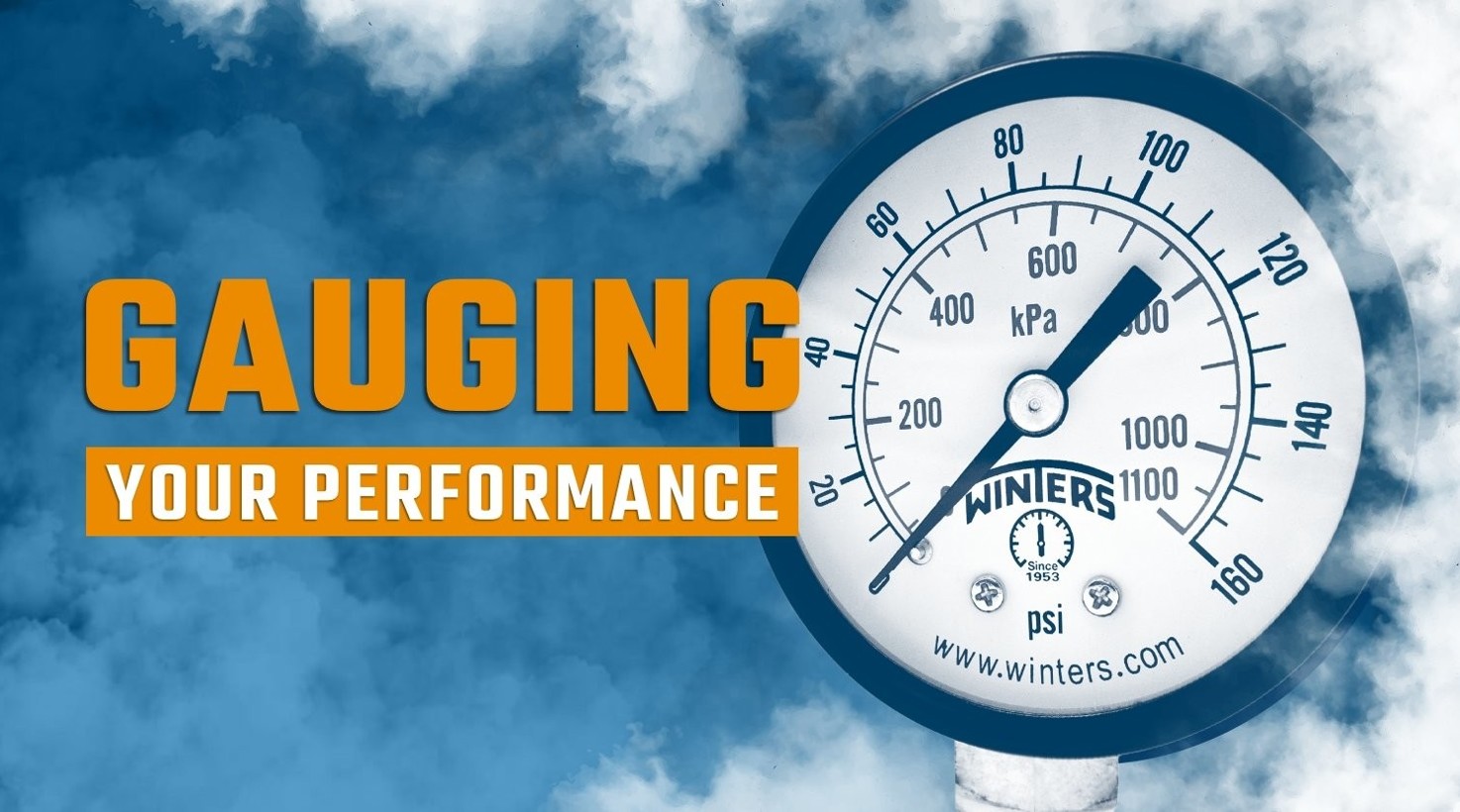Some boilers rumble. Some hiss. Some occasionally pop or bubble. But no matter what you hear from your boiler, what you’re actually listening to is a symphony of function. Multiple different parameters all have to align to keep your boiler running efficiently, including multiple different pressures and temperatures.
In order to keep your boiler at its best, you need to be able to monitor and adjust those temps and pressures. You also have to be able to tell when something isn’t right; if a particular temperature or pressure falls out of spec, it can cause a cascade of problems that can shut your boiler down, or worse, blow it up. That’s where gauges come in. The gauges on your boiler give you a look at what’s going on with the various systems, including air, water, and gas, that all have to work together to make steam.
TEMPERATURE
You need heat to make steam. Monitoring that heat requires several temperature gauges throughout your boiler system.
Water Temperature has to be monitored inside the tank to make sure it’s hot enough to make steam.
Feedwater Temperature has to be monitored to make sure that the water coming in has been properly preheated, otherwise, you’ll end up thermally shocking your boiler and shutting down the steam-making process.
Stack Temperatures have to be monitored to make sure you aren’t losing any excess heat to the atmosphere. High stack temperatures can also be a good indicator of a problem with your boiler’s fire and water side, so it’s important to always keep an eye on them.
PRESSURE
Boilers are designed to operate under pressure, but they have their limits. As long as a boiler tank is held within the safe pressure range specified by the manufacturer, everything’s great. But if the pressure gets too high, it can stress the boiler tank and cause damage to other parts of your boiler. If left unchecked, high pressures can even cause leaks or explosions.
GAS PRESSURE
Gas pressure is crucial to safe, efficient boiler operation, because a steady, even supply of fuel lets the boiler fire at rate consistently, and produce steam with maximum efficiency. If the fuel pressure fluctuates, it can cause the boiler’s furnace to run too rich or too lean. This will affect the production of steam, obviously. But fluctuating fuel pressures can also cause damage to the boiler system by causing uneven heating, or temperatures that are too high.
Unfortunately, a boiler’s gas pressure isn’t just one single reading. There are, ideally, several gauges involved in your gas train that give you a clear picture of how much fuel is flowing in from the utility supply line, how much each burner is getting, and how well your pressure regulator is doing its job.
The interesting thing is, though, those gauges may not all use the same measurement scale. Gas coming from the supply line into the gas train is typically measured in pounds per square inch, or psi. That’s because incoming fuel is at a higher pressure, making psi a more realistic scale to use because it can show larger pressure fluctuations.
By contrast, though, the gauge at the other end of your gas train will usually be calibrated in inches of water column, abbreviated as inches WC. An inch WC gauge is used because it is better suited to the lower gas pressure actually flowing into the burners. Since 1 inch WC is about 1/30th of 1 pound per square inch, the gauge is able to clearly show even small pressure fluctuations.
KEEP IT TO SCALE
This all brings up a very important safety tip from WARE: When measuring the temperature and/or pressure in the various areas of your boiler, always confirm the scale the gauge uses. You don’t want to be reading inches WC of water thinking you’re reading psi, because you’ll be way off. It’s also important to confirm what temperature standard your gauge uses. Because there’s a big difference between Celsius and Fahrenheit.
If you’re having problems with a gauge, or you think your boiler may be operating out of spec, the professionals at WARE are always here to help. We also stock a huge inventory of replacement gauges in our Boiler Warehouse online store. We also stock a large inventory of new and rental boilers, if you’re ready to upgrade to something more efficient or if your steam needs have increased. Whatever you need, we’re here to help.
